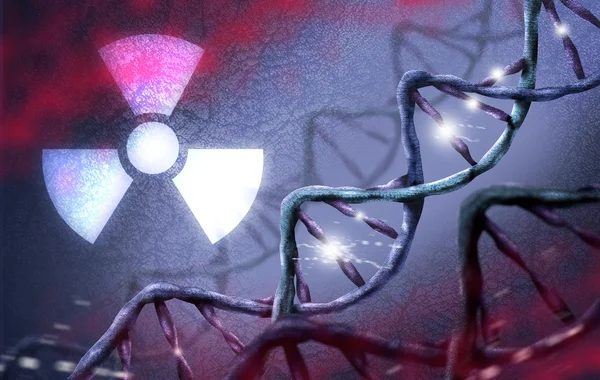Heidi Nafman-Onda, founder of The White Ribbon Project, shares her personal experience navigating the challenges of surviving stage III-A unresectable non-small cell lung cancer (NSCLC) and coping with the unexpected long-term effects of radiation therapy.
Diagnosed at the age of 55 in October 2018, Heidi, a lifelong health enthusiast, had no known risk factors and was blindsided by the diagnosis, which was discovered incidentally while investigating an ovarian cyst.
Despite the devastating news, Heidi’s oncologist recommended a treatment plan involving chemoradiation followed by immunotherapy with durvalumab, which ultimately gave her a fighting chance at survival.
Six years later, while Heidi celebrates her “cancerversary,” she reflects on the significant health challenges she now faces as a result of the radiation therapy.
At the time of her treatment, the primary focus was on saving her life, with no consideration given to the long-term side effects.
Heidi’s clinical care team and she were solely focused on surviving the next year, not anticipating the lasting damage radiation might cause to her heart.
But in 2024, Heidi began to experience troubling symptoms, including pressure in her throat, shortness of breath, and later, chest pain, which led to a diagnosis of a likely non-STEMI heart attack.
During the emergency procedure, the cardiologist discovered significant narrowing in Heidi’s left anterior descending artery (LAD), a condition that appeared to be caused by radiation damage rather than typical atherosclerosis.
As the cardiologist reviewed her medical history, she asked, “Have you ever had radiation to your chest?” Upon confirming Heidi’s previous radiation treatment, the doctor explained that the LAD appeared “cooked” from the radiation, and two stents were placed to treat the damage.
This moment was a turning point for Heidi, as she realized the profound impact that radiation therapy could have on heart health, and she became an advocate for better monitoring and survivorship care for lung cancer survivors.
Historically, lung cancer patients haven’t lived long enough to experience the long-term effects of treatment, but thanks to advancements in treatment, many are surviving longer and facing new health challenges.
Heidi now believes it’s crucial for cancer survivors to receive comprehensive care that includes ongoing monitoring for late side effects like heart disease, which are often overlooked.
Heidi’s case highlights the importance of adopting coordinated, multidisciplinary survivorship care plans that address the potential long-term risks of cancer treatment, including radiation.
While she has no regrets about the treatment that saved her life and allowed her to become a grandmother, she does wonder if closer monitoring and preventive strategies could have mitigated the damage to her heart. Her experience calls for clearer guidelines for clinicians to ensure that cancer survivors receive the long-term care they need to manage both their risk of recurrence and the side effects of treatment.
For Heidi, the goal is to ensure that no survivor faces the challenges of post-treatment health alone.

